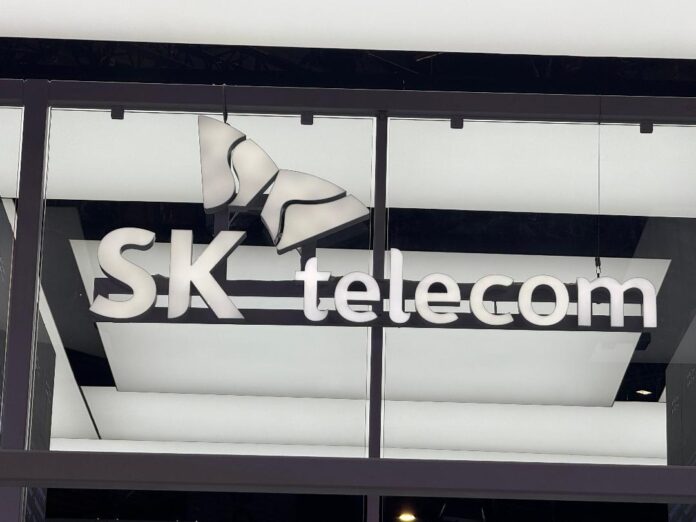SK Telecom noted that AI-related business areas will be grouped into B2C AI, B2B AI, digital platform services, and AI data center operations
In sum – what to know:
Two-track structure for MNO and AI – SK Telecom creates separate CICs to match each business’s needs, aiming to rebuild trust in telecom services and deliver measurable AI results.
MNO CIC consolidates functions – A reorganized marketing, enterprise, and network structure is intended to strengthen core competitiveness and stabilize performance.
AI CIC shifts to flexible execution – Project-based teams, expanded AI business units, and strengthened technology development aim to support near-term outcomes and long-term capability building.
Korean carrier SK Telecom has announced an organizational overhaul around a dual company-in-company (CIC) structure — one for its core mobile network operations (MNO) and the other for its AI business, the telco said in a release.
SK Telecom’s President and CEO Jung Jaihun said: “The CIC system is a choice to establish an optimized work method and decision-making system tailored to the characteristics of each MNO and AI business.” The executive added that the new structure should help “restore customer trust in the MNO business and create tangible results in the AI business.”
Under the restructuring plan, the MNO CIC will concentrate on regaining user trust by consolidating essential functions and strengthening competitiveness across product, service, and network divisions. Marketing will be reorganized around product lines and sales, while enterprise services will focus on more capable technical support. Network teams will be reshaped to improve automation, digital transformation execution, and coordination with existing operations, the company said.
The Korean telco’s mobile business had been negatively affected by a data breach impacting all customers in the mobile segment.
Meanwhile, the AI CIC, launched in September, will focus on producing near-term business outcomes. It will operate as a flexible, project-based structure that can be reorganized quickly in response to market conditions. AI-related business areas will be grouped into B2C AI, B2B AI, digital platform services, and AI data center operations.
The Korean carrier also noted that it plans to expand the integrated security center, create a new communications center combining PR and external relations, establish a general counsel center, and restructure the corporate center to integrate more strategic functions under the company’s CFO.
The Korean operator has committed KRW5 trillion ($3.6 billion) to AI over the next five years, with the aim of generating at least the same amount in annual revenues from AI services by 2030, according to recent reports. The company also plans to embed AI into its internal systems and infrastructure through what it calls a full-scale AI transformation (AX).
SK Telecom previously announced a strategic partnership with U.S. AI company OpenAI.
The collaboration follows the launch of OpenAI’s Korea office in Seoul on September 10 and highlights the Asian country’s growing role in global AI development. As part of the agreement, the partners also plan to expand their cooperation beyond B2C to B2B services and potential group-wide initiatives across SK Group.

